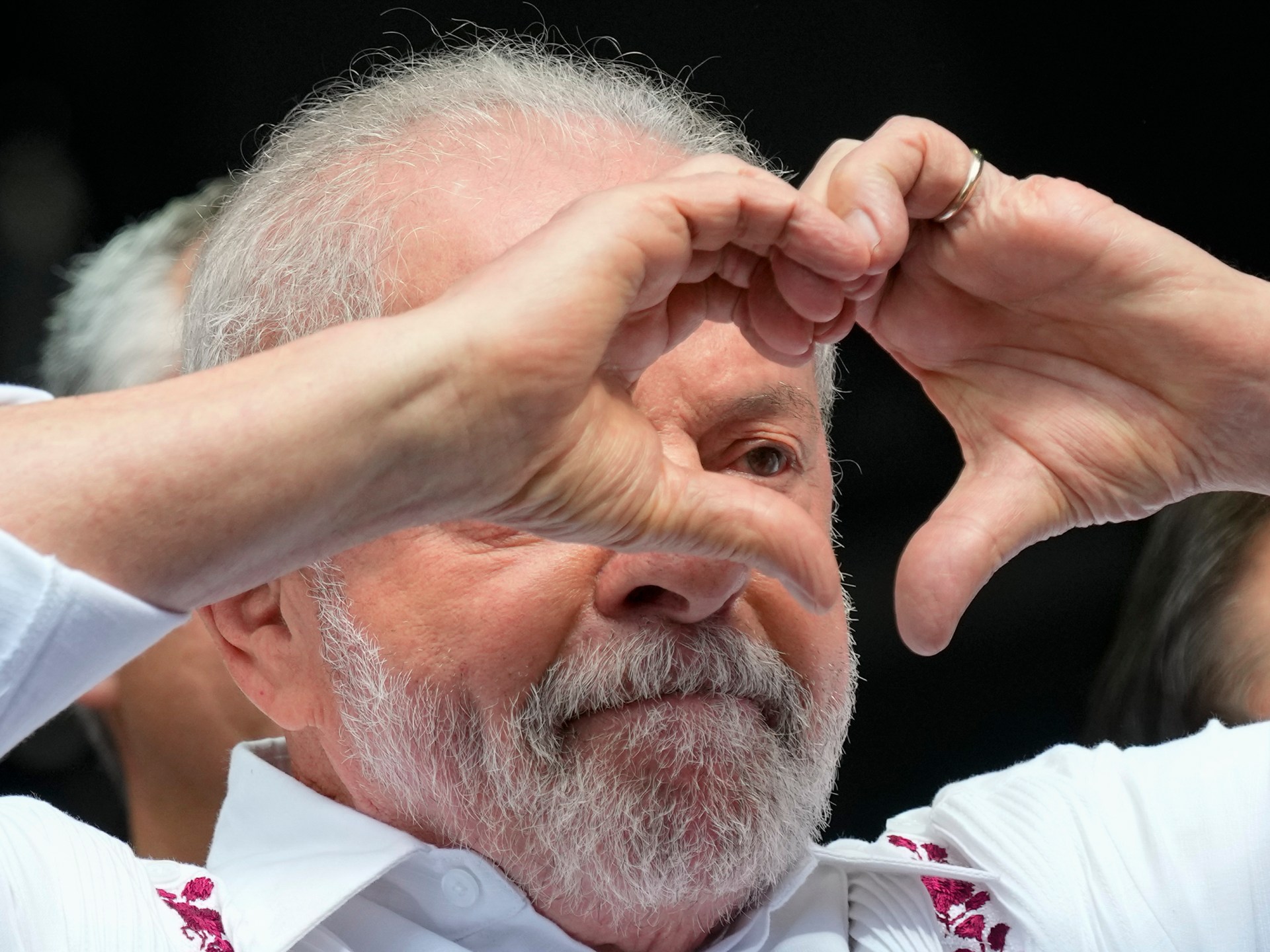
Officials say striking young doctors have until the end of February to return to work or risk punishment.
The South Korean government has given striking young doctors four days to report back to work, warning that they could face criminal charges and the revocation of their medical licenses if they do not return by the deadline.
Monday’s ultimatum came as about 9,000 medical interns and residents stayed away from their jobs Protest against a government plan increase admissions to medical schools by approximately 65 percent.
The work stoppages that began last week have significantly disrupted operations at their hospitals numerous cancellations of operations and other treatments.
Security Minister Lee Sang-min said chaos was increasing in hospitals and emergency services were in a “dangerous situation” due to the strikes.
“Given the gravity of the situation, the government is making the final appeal,” he said.
“If you return to the hospital you left behind by February 29, you will not be held responsible for what has already happened,” he said. “We urge you to remember that your voice is heard loudest and most effectively when you are alongside patients.”
Government officials say hiring more doctors is necessary to cope with South Korea’s rapidly aging population. The country’s current doctor-to-patient ratio is among the lowest in the developed world.
The young protesting doctors say the government should first address pay and working conditions before trying to increase the number of doctors.
Vice Health Minister Park Min-soo said those who do not return to work by the end of February will be penalized by having their medical licenses revoked for at least three months.
He said they may also face further legal action such as investigations and possible charges.
Under South Korea’s Medical Law, the government can issue orders to doctors and other medical staff to return to work if it sees serious risks to public health.
Refusal to comply with such an order can be punishable by up to three years in prison or a fine of 30 million won ($22,480) and revocation of medical license.
There are about 13,000 medical interns and residents in South Korea, most working and training in 100 hospitals. They usually support senior doctors during operations and look after inpatients.
In some leading hospitals, they make up about 30 to 40 percent of all physicians.
The Korea Medical Association, which represents about 140,000 doctors in South Korea, has said it supports the striking doctors but has not decided whether to join the junior doctors’ strikes.
Senior doctors have held a series of rallies expressing their opposition to the government’s plan.
Earlier this month the government announced that universities would admit 2,000 more medical students from next year, up from the current 3,058. The government wants to increase the number of doctors to 10,000 by 2035.
According to a public poll, about 80 percent of South Koreans support the government’s plan.
Critics suspect that doctors, who are among South Korea’s highest-paid professionals, are opposing the recruitment plan because they fear they will face greater competition and lower incomes.
Striking doctors have said they fear doctors facing increasing competition will overtreat, putting a strain on public health spending.






Recent Comments